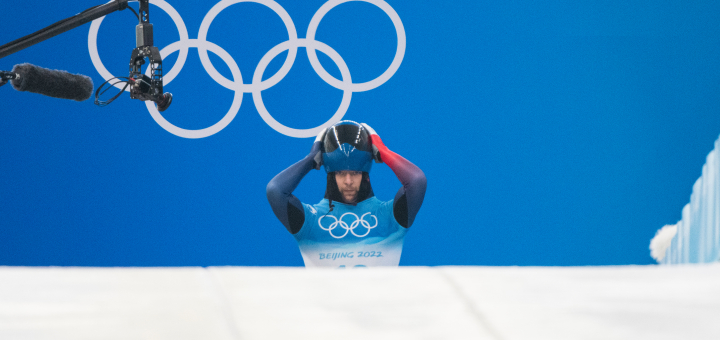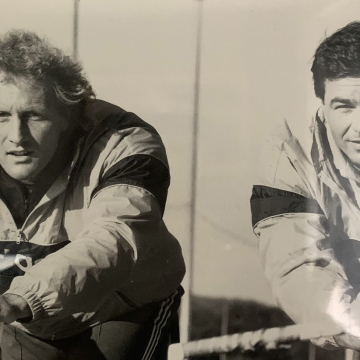WADA role welcomed by Wyatt

British Skeleton’s Marcus Wyatt sees his nomination for the World Anti-Doping Agency (WADA) Athlete Council as a chance to leave the sports of skeleton and bobsleigh in a better place than he found them.
Wyatt has been put forward by the sport’s international governing body, the International Bobsleigh & Skeleton Federation (IBSF), for the voluntary role with the globe’s prominent anti-doping agency.
The 30-year-old, who was a World Cup medalist the season before last and a silver medal winner at the Olympic Test event last year, currently serves as an athlete representative for the IBSF and is now hoping to have a positive impact on an ever wider scale.
“As part of my role as Men’s Athlete Rep for the IBSF, I was invited on a trip to Lausanne to the WADA symposium: it was a really exciting trip and amazing to get first-hand experience of WADA up close,” said Wyatt.
“That was a two-day conference with updates on everything WADA is involved in. I was blown away by all the different aspects of the organisation and how every section of WADA has world-leading experts.
“From talking to some of their current Athlete Committee and to the Chair, Ben Sandford, who’s a ex skeleton athlete, I could see how important this role is.
It’s a really exciting role and something that I feel I can offer something to. To have more winter sports representation on a body like this would be a positive step.
“I’ve always been very interested in clean sport and anti-doping. We’re very lucky here in the UK to have UKAD, who are really on it from the education side of things.
“Laura (Deas) has done a lot of positive work in her role with UKAD and this seemed like a really good opportunity to try and help promote clean sport and do my bit to leave the sport in a better place than I found it.”
The election for WADA’s Athlete Council are scheduled to take place between August 29th and 31st.
The results will be announced in early September and positions taken up from January 1st, with the Council undergoing some major changes from the current make up.
The body will move from a 12-person panel to a 20-member Council elected and appointed by athletes and there will be greater integration with policy development and decision making.
Five athletes will be appointed by the International Olympic Committee and International Paralympic Committee’s Athletes' Commissions; eight athletes will be elected by the Athlete Commissions of International Federations; and seven other athletes will be selected by an athlete-led appointments panel to fill skills and diversity gaps.


